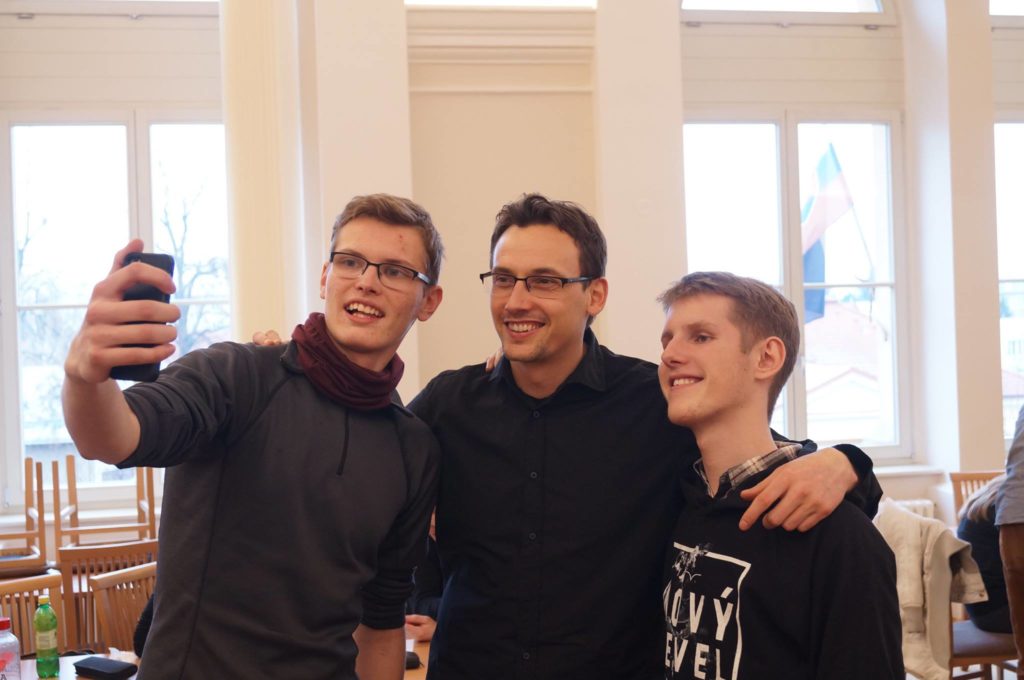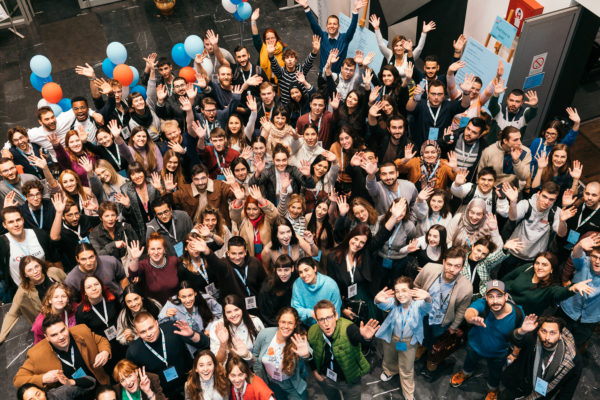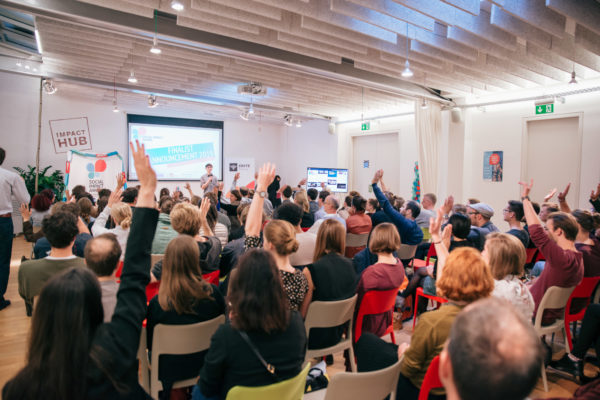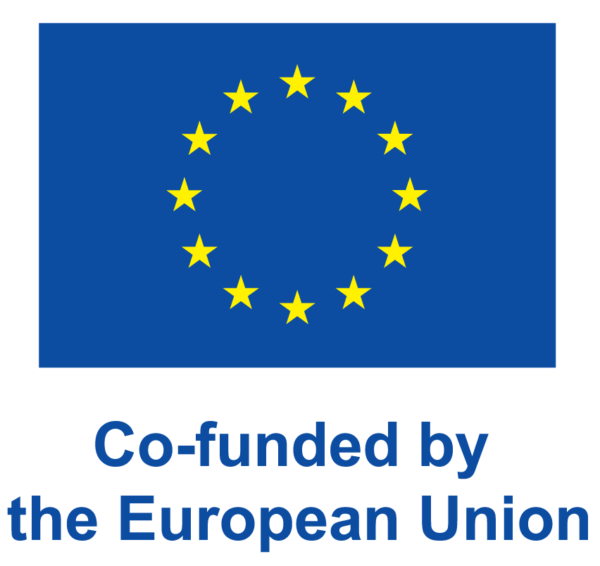
They don’t understand, that social business must earn money too
Young entrepreneurs, high-school students or NGOs. That all defines Juraj Kováč, the founder of Rozbehni sa!, speaker of Social Impact Slovakia, and expert volunteer for LEAF – we could definitely […]
Young entrepreneurs, high-school students or NGOs. That all defines Juraj Kováč, the founder of Rozbehni sa!, speaker of Social Impact Slovakia, and expert volunteer for LEAF – we could definitely go on with his other roles. He will tell us, what are the most common mistakes done by the starting businessmen and what NGOs lack.
Dear Juraj, do you focus on startups or rather people who are just about to start their career as entrepreneurs?
I understand startups as a global technology oriented and scalable company, that has potential for a fast growth and generate revenue of million or billion euro in a short term. But I do focus more on ordinary people.
Who is that?
Someone with lack of experience, lack of starting capital and maybe even without an idea. Let’s take Jane, a girl from a small town in Slovakia without any real experience from a business world. And there are thousands of people like her.
There are many jokes about communication between a marketing agency and a client who can’t understand each other. How is it in your case, when talking to people without any experience? Do you sometimes go crazy?
No, because I am trying to use tools that will work without me as well. For example I have the e-learning or StarteR!. It would be more more difficult if I had to deal with each and every person individually.
What’s your goal?
The whole Rozbehni sa! is basically a social business. On one side I do want to help, that’s my priority, to push entrepreneurship more into educational system, so that every child can go through our course at the high school. Similar to swimming course at the elementary school, where you get basics of how not to get drowned, we would like children to get to know how to swim in the world of business and not get drowned at the labour market.
When we get back to Jane, we guess she does not have broad business literacy, right?
True, she does not. And if she does, usually it’s an old-style. That means she thinks she needs to write a business plan and take a loan. Unfortunately she doesn’t think global and lean. That’s why I am creating tools to understand that every small problem can turn into an opportunity. The idea is to think in ANTO mode – to be able to offer your product or service to anyone tomorrow. There are three basic but key principles. How to generate an idea, ideally one per month, how to find the business model and to diagnose the idea in two hours and test it in 100 hours. Because the first stage of the business is testing whether the idea is worth starting.
How to test the business idea if I want to open a café in my hometown?
Firstly, it’s not the best idea, because it’s an old-school business with huge investment and operational costs included. The idea can be good but it can be too risky you could end up beaten.
So you can’t teach me how to get rich in a month?
No. I am not making a tutorial how to become a magnet for money. This is much more about microbusiness, about making a living. I am learning people how to skate, not play in NHL, however many people would prefer that. Playing there can be a dream for many of us, but skating is much more feasible for most of us.
What’s the answer? Do people understand there is a satisfying alternative to the popular “American dream”?
I don’t have proper statistics, but when they hear it, they seem to understand. There’s no magic behind it.
What are the most common fails people do at the beginning?
They usually focus on wrong activities. Create a logo, fundraise, find offices etc. They use the road of costs instead of revenues. The philosophy is to explain them to get on the road of revenues and not focus on building the complex product, but the prototype they can pre-order, get the feedback, implement it and repeat.
What happens then? Will I skip the bankruptcy and succeed?
Most of the project fail, that’s reality. But the lean startup methodology is about starting small and testing the ability to succeed in small as fast and cheap as possible.
So you save people money…
In a way. I want they will save not only money, but time and ego, too.
Ego?
Sure. Usually you fall in love with your idea. If it doesn’t work, people think they failed, not the idea. It is important to get up and try it again, not to lose self-esteem. Everyone is afraid of the failure, but you need to be aware, it is not about you. I would compare it to going on a first date and thinking about marriage, but you have to test it, first, find out whether it can work.
Do you also help to those in later stages of their business?
Yes, the tools I am developing work for all. You can create a new product or innovate an existing one.
What are the results?
Last year we cooperated with 80 high school in Slovakia. We created a know-how video presentation and anyone could organize a screening. And who was interested in more, would get a StarteR!, could join the e-learning or apply for our incubator program. We have tested it and would like to launch this year again, but bigger.
Do you work with students the same way as with entrepreneurs?
Yes, all of them are the same – starters of their ideas. But students need a bit more critical thinking and idea generation skills.
Is it true, that only some percentage of people have the ability of being entrepreneurs? Can the other group of people change it in their favor?
That was the topic for my PhD. thesis. It is true it can be harder for some, but still I think it’s “only” a skill that everyone can, and should learn.
How did you create your tools? Did you start couple companies before and failed?
I did use my previous experience from consulting. About 30-40 projects have gone through and approved it. I think having a personal experience with leading a company is fine, but wouldn’t make you a great consultant. It is the same like being a great football player won’t make you a great coach.
Do NGOs and third sector work different than corporate field?
Yes, people in nonprofit sector are dependent on grants. They create a project, count the number and look for people who will pay it. That’s the fundraising way. Business is based on looking for someone willing to pay for the value he or she gets. The idea needs to be self-sustainable. Earn on itself.
So it is mainly the question of money?
Yes, it is completely turned around. There are experts for writing projects, but usually too weak to find the way how to earn them.
Your wish, as I get it, is so that companies and people will help 3rd sector more and the ecosystems will be more connected, right?
Not so much. I want to be helpful for others. It makes me happy, when my work helps. For example, when an NGO has a new product or service and it works, when 20 hours of my time have a value of 2000 hours for someone and I can help them to succeed. That is also why I am working as an expert volunteer for the Slovakian organization LEAF.

Thanks for the interview, Juraj!
Author: Jakub Pediač
Chief-Editor: Tizian Müllritter













































